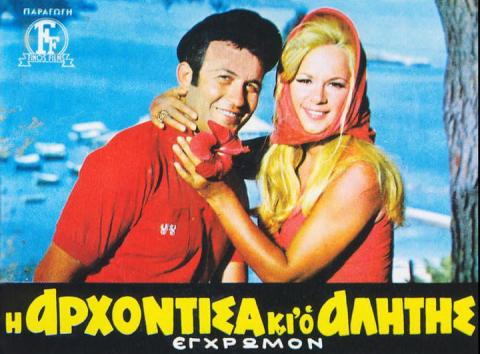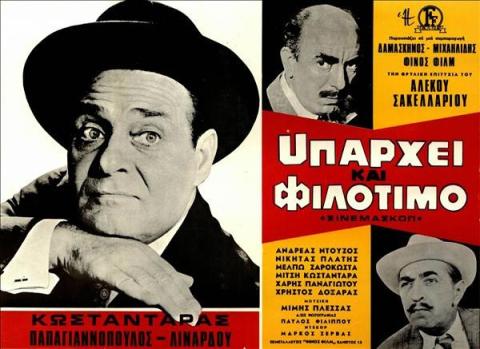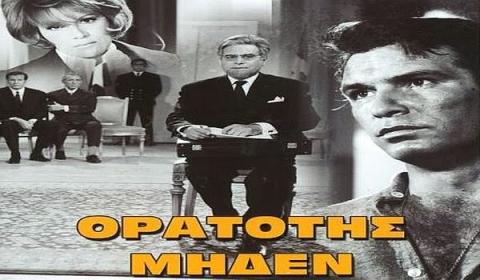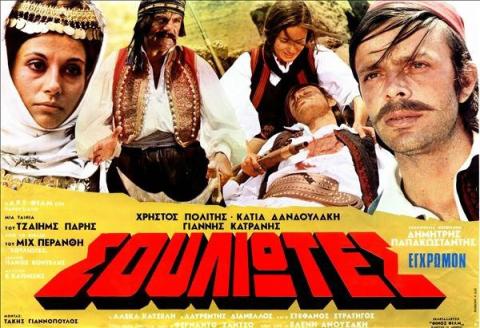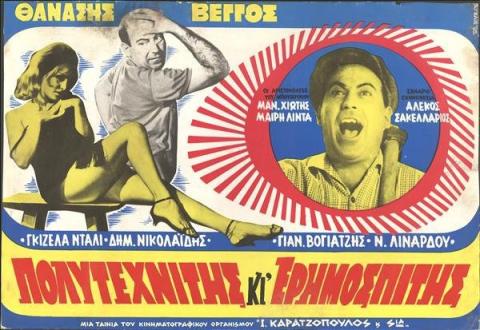See others movies:
https://www.youtube.com/user/natanaeles72/playlists .
https://www.youtube.com/c/BibleIsApp/playlists .
https://www.youtube.com/c/TheLumoProject/playlists .
https://www.youtube.com/user/eyong52/videos . Part 1: From Chapter 1 to chapter 9 - New, in 2020 subtitled (Not automatic subtitles)
Gospel of Matthew: The King has Come - "The Gift of Yahweh"
AUTHOR: Matthew was written by one of the Twelve apostles. He was a tax collector (publican) for the Roman government (Matthew 9:9-13; Mark 2:14-17; Luke 5:27-32), and was known as Levi (Mark 2:14) before Jesus chose him and changed his name to Matthew. He gives an eye witness account of his experiences with Jesus. Because he was a Roman tax collector he was hated by the Jews. After his call to follow Jesus he is not mentioned again except in Matthew 10:3; Mark 3:18; Luke 6:15 and Acts 1:13. There’s no solid evidence as to what happened to him after the death and resurrection of Christ. Tradition says he preached in Palestine and later went to other lands.
DATE: Matthew was written about the year A.D. 60, and was written after the Gospel of Mark. The destruction of the Temple (A. D. 70) by the Roman general Titus is seen as an event yet in the future (Mat. 24:2). Most scholars see Matthew as coming after Mark and place it in the late 50’s or early 60’s.
RECIPIENTS: Matthew writes to Jews and addresses the specific problems Jews face in believing on Jesus as the Messiah. Probably the first recipients were Jews living in Palestine. He presupposes his readers will know the geography of Palestine and its customs, manners, and ceremonies. The other Gospel writers take time to explain Jewish customs to non-Jewish readers. With increasing crescendo the Jewish leaders are warned and also denounced for their false views. The increasing enmity of the religious leaders is noted and illustrated until finally he says: "The kingdom of God shall be taken from you, and given to a nation bringing forth the fruits thereof." However, the note of universality of the Gospel is not missing. He closes with, "Go ye therefore, and make disciples of all the nations."
THEME: Matthew writes to the Jews and presents Jesus as the Messiah, or the King of the Jews. The book of Matthew logically furnishes the connecting link between the Old and the New Covenant. He logically ties the Old and the New Testaments by using over sixty references to the Old Testament. He often speaks of Jesus as the Son of David who is the true Messiah, and he is the Son of Abraham (Mat. 1:1; Genesis 12:3). The religious Jews of the first century wanted to know who this "Jesus" was. Matthew writes to provide them with incontestable answers based upon objective observation of Jesus, and accurate interpretation of the Hebrew Scriptures.
KEY VERSE: Mat. 2:2
KEY WORDS: kingdom, fulfilled
FIVE DISCOURSES IN MATTHEW
1. Sermon on the Mount (5-7), or the Law of the Kingdom
2. Teaching the 12 apostles (chapter 10), or the Preaching of the Kingdom
3. Parables of the Kingdom (chapter 13), or the Growth of the Kingdom
4. Life in God’s Kingdom (chapter 18), or the Fellowship of the Kingdom
5. The end of the world (chapter 24-25), or the Consummation of the Kingdom
Each teaching section closes with the same statement, "When Jesus had finished saying these things," or a similar expression.
THE MESSIANIC THEME IN MATTHEW
1. Fulfilled prophecies of the Messiah’s coming (1:1-4:11).
2. The teachings of the Messiah (4:12-7:29).
3. The Deity of the Messiah revealed through miracles (8:1-11:1).
4. The Kingdom of the Messiah revealed through parables (11:2-13:53).
5. The redemption of the Messiah predicted (13:54-19:2).
6. The opposition by the messiah’s enemies (19:3-26:2).
7. The passion of the Messiah (26:3-28:10).
8. The Great Commission of the Messiah (28:11-20).
Matthew appeals to the deep-rooted Jewish Messianic beliefs in order to present his proofs of the Messiahship of Jesus of Nazareth. He carefully chooses his arguments from the Old Testament to demonstrate the completeness of the divine revelation and culmination of the Old Testament writings. Every event recorded of Jesus was foretold in the Old Testament. Moreover, every prediction of the Messiah must find a corresponding event in the life of Jesus of Nazareth. The central point of his thesis as the Messiah is Peter’s confession at Caesarea–Philippi in Matthew 16:13-20.
https://www.youtube.com/user/natanaeles72/playlists .
https://www.youtube.com/c/BibleIsApp/playlists .
https://www.youtube.com/c/TheLumoProject/playlists .
https://www.youtube.com/user/eyong52/videos . Part 1: From Chapter 1 to chapter 9 - New, in 2020 subtitled (Not automatic subtitles)
Gospel of Matthew: The King has Come - "The Gift of Yahweh"
AUTHOR: Matthew was written by one of the Twelve apostles. He was a tax collector (publican) for the Roman government (Matthew 9:9-13; Mark 2:14-17; Luke 5:27-32), and was known as Levi (Mark 2:14) before Jesus chose him and changed his name to Matthew. He gives an eye witness account of his experiences with Jesus. Because he was a Roman tax collector he was hated by the Jews. After his call to follow Jesus he is not mentioned again except in Matthew 10:3; Mark 3:18; Luke 6:15 and Acts 1:13. There’s no solid evidence as to what happened to him after the death and resurrection of Christ. Tradition says he preached in Palestine and later went to other lands.
DATE: Matthew was written about the year A.D. 60, and was written after the Gospel of Mark. The destruction of the Temple (A. D. 70) by the Roman general Titus is seen as an event yet in the future (Mat. 24:2). Most scholars see Matthew as coming after Mark and place it in the late 50’s or early 60’s.
RECIPIENTS: Matthew writes to Jews and addresses the specific problems Jews face in believing on Jesus as the Messiah. Probably the first recipients were Jews living in Palestine. He presupposes his readers will know the geography of Palestine and its customs, manners, and ceremonies. The other Gospel writers take time to explain Jewish customs to non-Jewish readers. With increasing crescendo the Jewish leaders are warned and also denounced for their false views. The increasing enmity of the religious leaders is noted and illustrated until finally he says: "The kingdom of God shall be taken from you, and given to a nation bringing forth the fruits thereof." However, the note of universality of the Gospel is not missing. He closes with, "Go ye therefore, and make disciples of all the nations."
THEME: Matthew writes to the Jews and presents Jesus as the Messiah, or the King of the Jews. The book of Matthew logically furnishes the connecting link between the Old and the New Covenant. He logically ties the Old and the New Testaments by using over sixty references to the Old Testament. He often speaks of Jesus as the Son of David who is the true Messiah, and he is the Son of Abraham (Mat. 1:1; Genesis 12:3). The religious Jews of the first century wanted to know who this "Jesus" was. Matthew writes to provide them with incontestable answers based upon objective observation of Jesus, and accurate interpretation of the Hebrew Scriptures.
KEY VERSE: Mat. 2:2
KEY WORDS: kingdom, fulfilled
FIVE DISCOURSES IN MATTHEW
1. Sermon on the Mount (5-7), or the Law of the Kingdom
2. Teaching the 12 apostles (chapter 10), or the Preaching of the Kingdom
3. Parables of the Kingdom (chapter 13), or the Growth of the Kingdom
4. Life in God’s Kingdom (chapter 18), or the Fellowship of the Kingdom
5. The end of the world (chapter 24-25), or the Consummation of the Kingdom
Each teaching section closes with the same statement, "When Jesus had finished saying these things," or a similar expression.
THE MESSIANIC THEME IN MATTHEW
1. Fulfilled prophecies of the Messiah’s coming (1:1-4:11).
2. The teachings of the Messiah (4:12-7:29).
3. The Deity of the Messiah revealed through miracles (8:1-11:1).
4. The Kingdom of the Messiah revealed through parables (11:2-13:53).
5. The redemption of the Messiah predicted (13:54-19:2).
6. The opposition by the messiah’s enemies (19:3-26:2).
7. The passion of the Messiah (26:3-28:10).
8. The Great Commission of the Messiah (28:11-20).
Matthew appeals to the deep-rooted Jewish Messianic beliefs in order to present his proofs of the Messiahship of Jesus of Nazareth. He carefully chooses his arguments from the Old Testament to demonstrate the completeness of the divine revelation and culmination of the Old Testament writings. Every event recorded of Jesus was foretold in the Old Testament. Moreover, every prediction of the Messiah must find a corresponding event in the life of Jesus of Nazareth. The central point of his thesis as the Messiah is Peter’s confession at Caesarea–Philippi in Matthew 16:13-20.
- Κατηγορίες
- Eng Films
Γίνε ο πρώτος που θα σχολιάσει


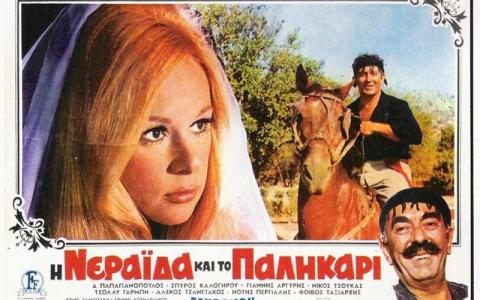
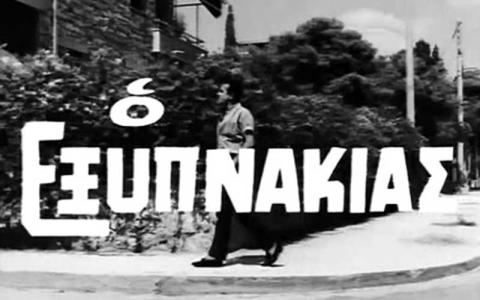
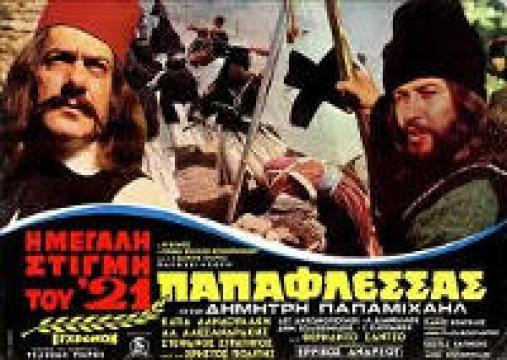

![Η Αλίκη στο Ναυτικό [1961]](https://www.eltube.gr/uploads/thumbs/39f92cd00-1.jpg)
